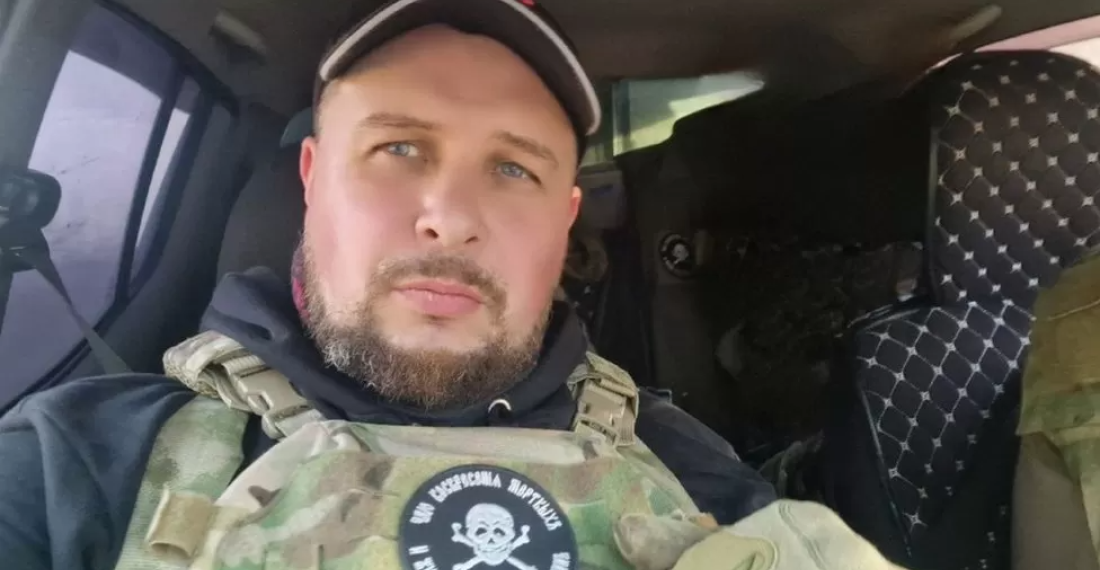An explosion yesterday afternoon (2 April) in a café in central St Petersburg has killed Vladlen Tatarsky, a high-profile Russian military blogger and vocal supporter of Russia's war in Ukraine.
The explosion, which happened at 18.13 local time, killed Tatarsky, whose real name was Maxim Fomin, as well as injuring twenty-four others, six of whom are in a critical condition, according to the Russian health ministry.
It is not yet clear who is responsible for the attack, which Russian authorities have said is being investigated as "high-profile murder".
Suspected bomb hidden inside a statue, whereabouts of suspect disputed
Tatarsky had been a guest speaker at an event at the Street Food Bar No 1 café in central St Petersburg when he was targeted.
While there are conflicting reports about the nature of the explosive device that killed him, soon after the explosion videos on social media emerged of him being handed a box with a statue inside as a gift, which had a bomb hidden inside, according to Russian sources.
Later on Sunday evening, Russian media published a video of a woman being taken out of an apartment belonging to Darya Trepova, a St Petersburg local understood to have been born in 1997 and had previously been arrested at anti-war rallies. Sources suggest they have reason to believe she was responsible for Tatarsky's murder.
However, some Russian media sources close to law enforcement agencies have denied that Darya Trepova herself was the one arrested, according to NEXTA TV, saying that her mother or sister could have been arrested and that Trepova and her husband are now on the run.
Tatarsky well-known in Russian military blogger circles
Vladlen Tatarsky had actively participated in the Russia-Ukraine war since its beginning in 2014, and since February 2022 was understood to have travelled frequently between the Donbas and Russia.
He also had a criminal past, having spent time in prison for bank robbery. Having over some 500,000 followers on Telegram, Tatarsky was well-known among Russian military bloggers and their followers.
Last year he gained notoriety after posting a video filmed inside the Kremlin in which he said: "We will defeat everyone, we will kill everyone, we will rob everyone as necessary. Just as we like it."
source: commonspace.eu with agencies
photo: BBC






